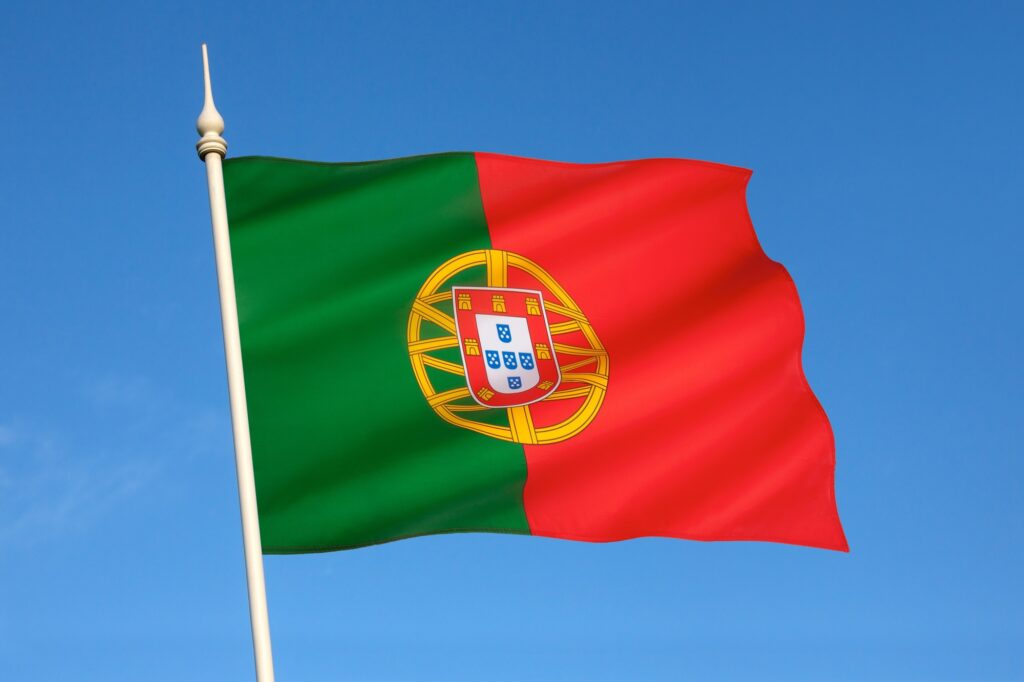Introduction
Portugal has become a prime destination for Brazilian nationals seeking new opportunities and a better quality of life. With deep cultural ties and a shared language, the connection between the two nations is as much historical as it is practical. However, an ongoing issue threatens to strain this relationship—significant delays in the processing of long-term visas for Brazilian applicants.
As highlighted by Brazil’s Ambassador to Portugal, Raimundo Carreiro, the bottleneck in Portugal’s visa system has left hundreds of thousands of Brazilians in limbo, impacting their ability to fully integrate into Portuguese society. This article explores the roots of the problem, its consequences, and the actions needed to resolve it.
The Growing Backlog
The scale of the visa processing delays is staggering. According to recent reports, Portugal’s Agency for Integration, Migration, and Asylum (AIMA) is grappling with a backlog of approximately 450,000 pending cases. Alarmingly, nearly half of these involve Brazilian applicants—over 200,000 individuals. These numbers reflect the growing demand for legal pathways to live and work in Portugal, particularly from Brazil, which has consistently been the largest source of immigrants to the country.
The backlog isn’t just a bureaucratic inconvenience; it represents a barrier to thousands of lives on hold. For many Brazilian nationals, Portugal is not merely a destination but a chance to start afresh in a nation that feels like a natural extension of their homeland. Yet, the prolonged wait times are testing their patience and their ability to access basic rights.
Impacts on Brazilian Nationals
Visa processing delays have tangible consequences for Brazilian applicants. Without valid long-term visas or residency permits, many are left unable to access essential services, such as:
- Healthcare: Those without legal status face barriers in enrolling in the national health system, leaving them vulnerable in times of illness or emergencies.
- Employment: Employers often require proof of legal status, meaning many qualified Brazilians are unable to secure jobs that match their skills.
- Education: Students are caught in limbo, with uncertainty surrounding their ability to continue studies or enroll in new academic programs.
This legal uncertainty also breeds anxiety and frustration, particularly for families who have already uprooted their lives in Brazil in the hopes of finding stability in Portugal.
Calls for Change from Brazilian Officials
Brazilian Ambassador Raimundo Carreiro has been vocal in his concerns about the slow pace of visa processing, urging Portuguese authorities to expedite the regularization process. Carreiro has emphasized that addressing these delays is crucial not only for individuals directly affected but also for maintaining the strong ties between Brazil and Portugal.
His appeal resonates with the broader Brazilian community in Portugal, which feels the brunt of the delays. For many, the ambassador’s statements are a validation of their struggles and a call to action for Portuguese institutions.
Portugal’s Response and Initiatives
The Portuguese government has acknowledged the gravity of the issue and announced measures to tackle the backlog. One of the key strategies includes hiring additional personnel to process visa applications more efficiently. This move aims to reduce wait times and improve service delivery at consulates and immigration offices.
In addition, efforts are being made to digitize parts of the visa application process, allowing for faster and more transparent communication between applicants and authorities. These steps, while promising, will require significant investment and commitment to bring meaningful change.
A Complex Web of Challenges
The delays in visa processing highlight broader issues within Portugal’s immigration system. While the country has become a top destination for immigrants, its administrative infrastructure has struggled to keep pace with rising demand. This is compounded by the fact that Portugal is facing its own demographic challenges, including an aging population and labor shortages in key industries.
Efficiently processing visas and integrating immigrants isn’t just a moral obligation; it’s an economic necessity. Brazilian nationals, in particular, bring skills, entrepreneurship, and cultural richness that can greatly benefit Portuguese society.
The Path Forward
Resolving the visa backlog will require a multi-faceted approach. Here are some key recommendations:
- Expand Staffing and Resources: Hiring more personnel to handle applications is essential in reducing the backlog quickly.
- Leverage Technology: Accelerating the digitization of the visa application process can enhance transparency and efficiency.
- Streamline Procedures: Simplifying and standardizing visa requirements could prevent future bottlenecks.
- Strengthen Bilateral Collaboration: As Brazil is the largest source of immigrants to Portugal, closer coordination between the two nations could help address challenges more effectively.
Conclusion
The delays in visa processing for Brazilian nationals underscore the urgent need for Portugal to enhance its administrative capacity to manage immigration effectively. Failure to address these challenges risks straining bilateral relations and depriving Portugal of the invaluable contributions that Brazilian immigrants bring.
In my opinion, this situation offers an opportunity for Portugal to reaffirm its commitment to being an open and welcoming nation. By investing in its immigration infrastructure, Portugal can ensure a smoother integration process for immigrants, strengthen its economy, and further solidify its unique bond with Brazil.
As Portugal works to resolve these challenges, the experiences of Brazilian nationals serve as a reminder that immigration is not just a policy issue—it’s a deeply human story that deserves empathy and action.
#Portugal
Source – schengen.news










